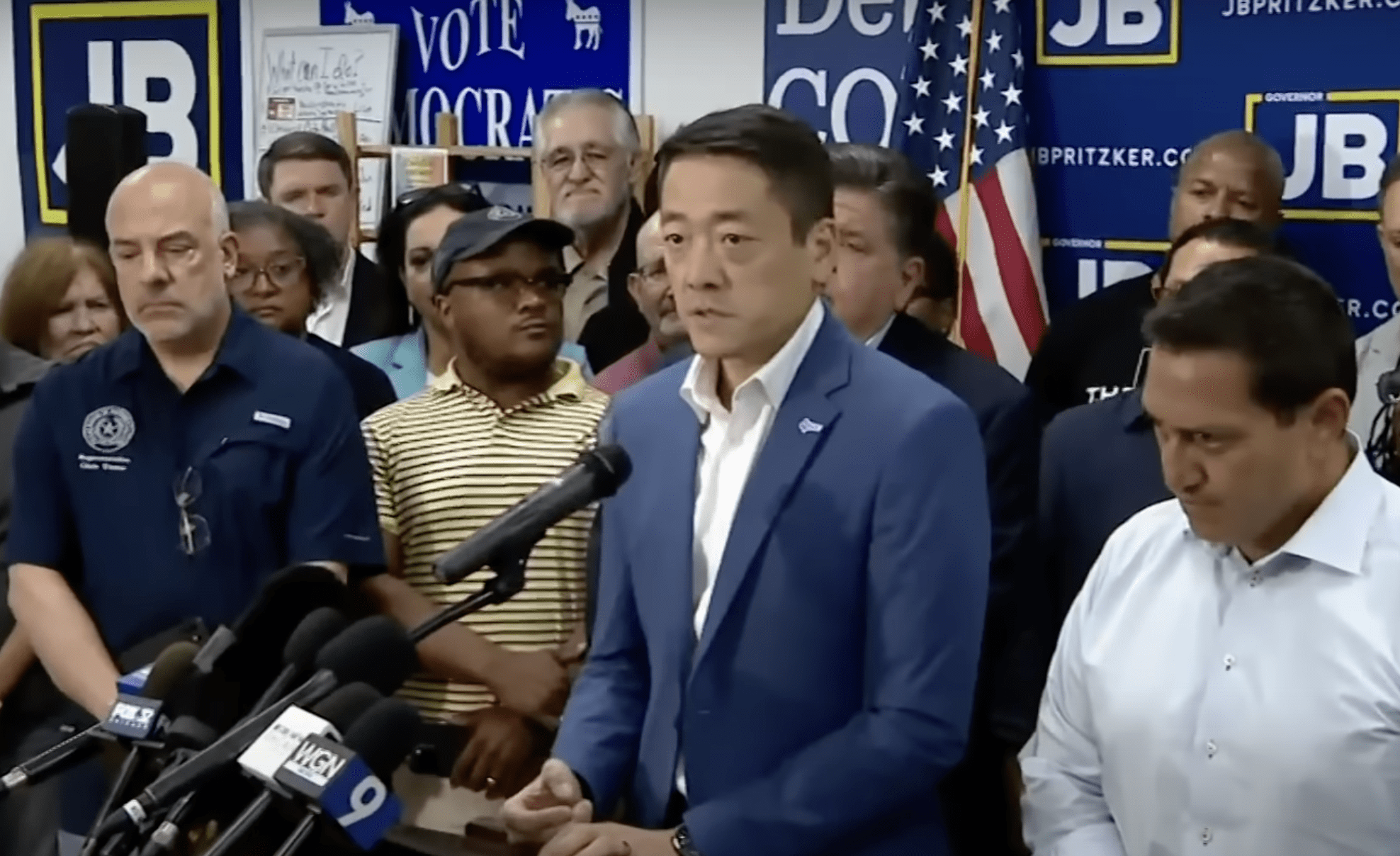When Lubbock County Commissioner Jason Corley sought to transfer his home into a corporate entity, he didn’t expect to ignite a legal battle that could reshape federal regulatory power.
Now, with the assistance of the Texas Public Policy Foundation, Corley is challenging a sweeping new real estate reporting rule, invoking a U.S. Supreme Court precedent from the Great Depression era, and questioning just how far Washington’s reach should extend into local affairs.
The Texas Public Policy Foundation’s complaint and motion for summary judgment prods at the Supreme Court’s landmark 1942 decision, Wickard v. Filburn, which provided a defense of federal overreach.
In the midst of the Great Depression, Congress established growth quota legislation for agricultural activity, regulating the output of farmland goods. Farmer Roscoe Filburn attempted to grow wheat on his own land for personal consumption in addition to the wheat he grew for sale.
When it was discovered he was growing additional wheat for personal use in excess of the quota, he was penalized. In response, Filburn’s attorneys filed a complaint against the Secretary of Agriculture, claiming that the act exceeded Congress’ powers under the Commerce Clause.
The Commerce Clause had been interpreted to confer regulatory power on Congress only in matters of interstate activity. However, Wickard v. Filburn marked a change in that precedent.
Because Filburn’s consumption of personal wheat would prevent him from purchasing wheat on the market, this would affect the national market, which Congress had regulatory authority over.
Thus, the Supreme Court ruled that Congress’ regulatory powers extend to local activity if that activity has a substantial effect on interstate commerce.
Like Filburn, Corley is arguing government regulation affects his participation in the local market.
The Lubbock County commissioner is seeking to transfer his residential property into a corporate entity.
However, the Anti-Money Laundering Regulations for Residential Real Estate Transfers issued by the Financial Crimes Enforcement Network (FinCEN), which goes into effect in December 2025, will require persons involved in certain real estate closings and settlement services to report the activity within 30 days. The rule applies to non-financed transfers to entities or trusts, not all real estate transactions.
A federal regulation intended to prevent financial crimes will obligate Corley to disclose a report containing personal information, including his social security number, taxpayer identification numbers, and the sale amount.
Corley believes this regulation is an overreach of the federal government’s power. In early April, he enlisted the assistance of Texas Public Policy Foundation (TPPF) attorneys Clayton Calvin and Chance Weldon to file a complaint concerning this regulation.
The regulation is based on a provision in the Bank Secrecy Act (BSA), as amended by the Anti-Money Laundering Act of 2020. Federal law “require[s] a class of domestic financial institutions or nonfinancial trades or businesses to maintain appropriate procedures, including the collection and reporting of certain information as the Secretary of the Treasury may prescribe by regulation.”
“The complaint raises constitutional issues with the regulations’ expansion into an inherently local matter: real estate,” TPPF’s Calvin Clayton told Texas Scorecard.
Like Filburn, Corley’s attorneys argue that the Commerce Clause only grants the federal government the power to regulate commerce among states, rather than local activity within a state.
A favorable judgment could unburden people like Corley from having to share sensitive information with the federal government unnecessarily.





